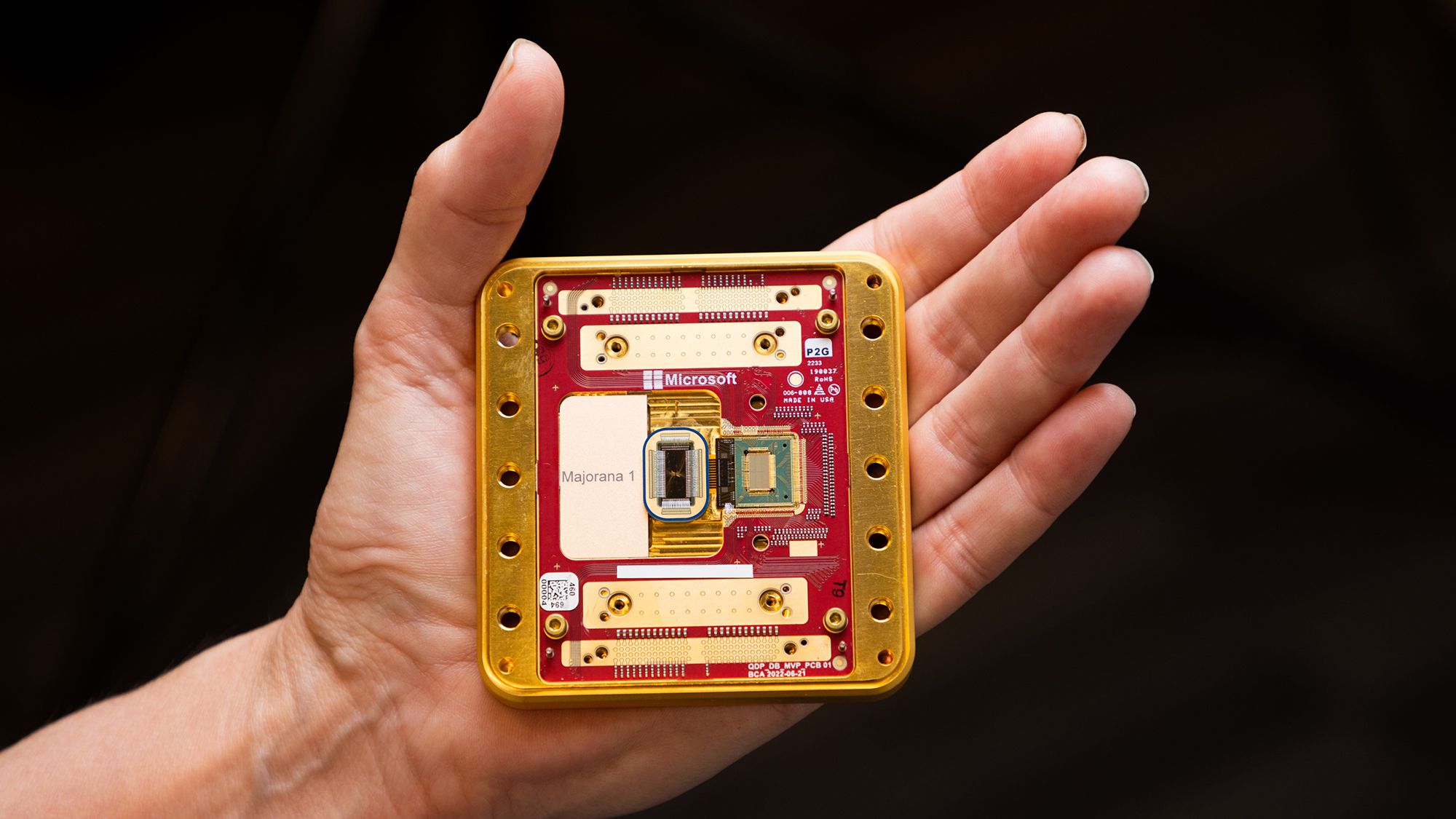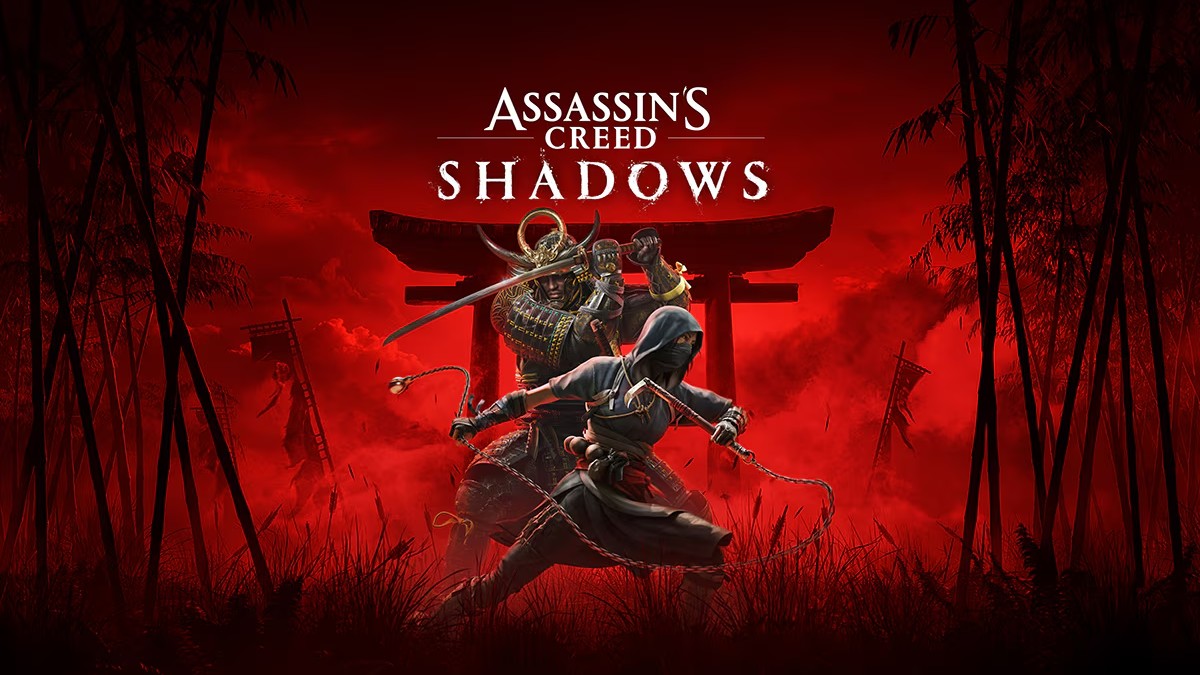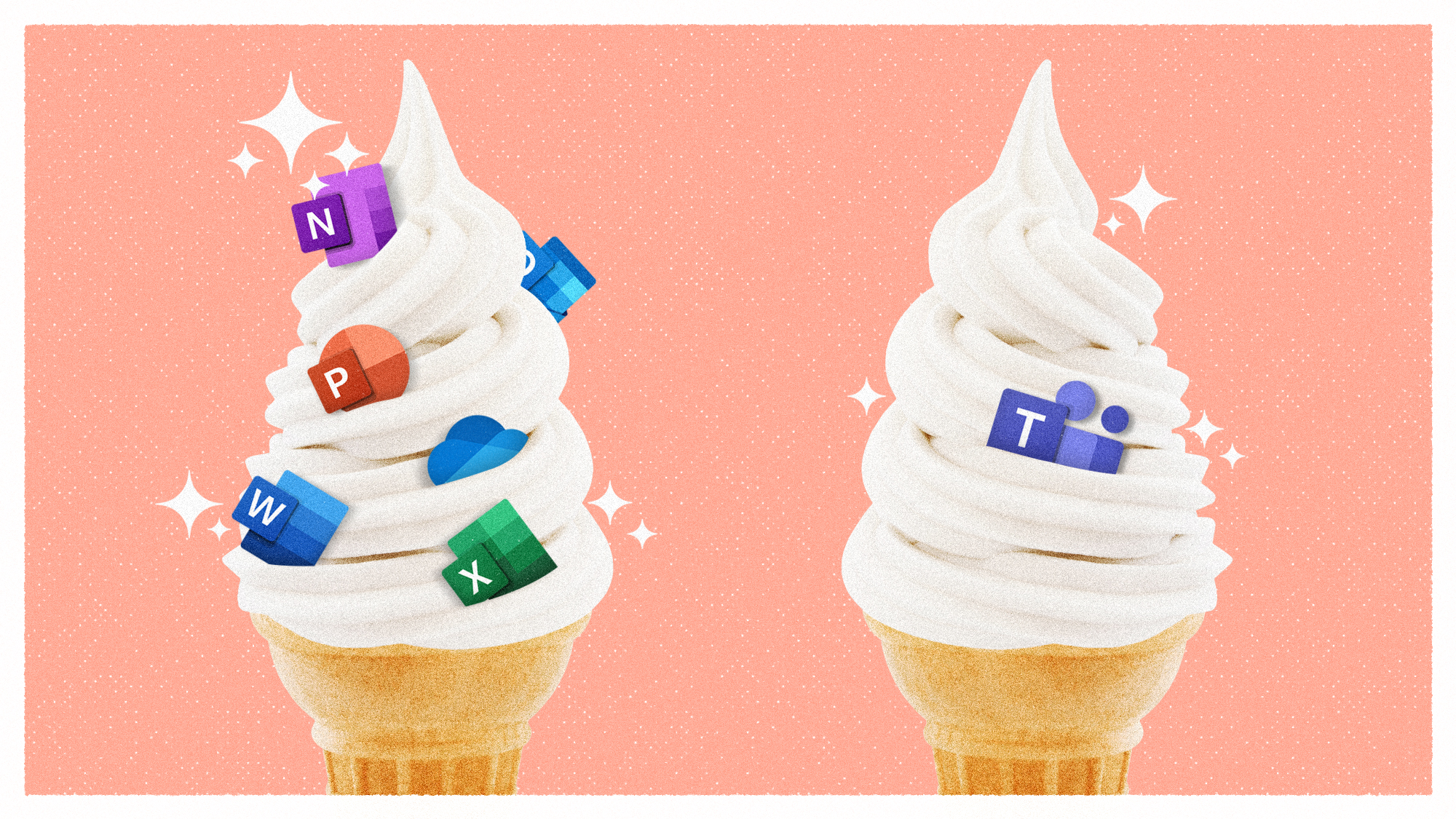Microsoft Band 2 review: great design foiled by identity crisis
Design flaws of the first band ironed out in new premium priced fitness tracker

A free daily email with the biggest news stories of the day – and the best features from TheWeek.com
You are now subscribed
Your newsletter sign-up was successful
When the Microsoft Band was first released, it was heralded as one of the strongest contenders on the market. But significant design flaws meant many tech critics deemed it a work in progress model.
With the Band 2, Microsoft has listened to critics and customers alike, adapting the previous iteration's clunky design to produce a piece of wearable tech that is genuinely wearable.
The new band is, refreshingly, fully compatible with every smartphone on the market meaning all your notifications will appear on the band's curved AMOLED colour screen automatically.
The Week
Escape your echo chamber. Get the facts behind the news, plus analysis from multiple perspectives.

Sign up for The Week's Free Newsletters
From our morning news briefing to a weekly Good News Newsletter, get the best of The Week delivered directly to your inbox.
From our morning news briefing to a weekly Good News Newsletter, get the best of The Week delivered directly to your inbox.
But the band is marketed as a fitness tracker first and foremost, not a Smartwatch, something Microsoft's Leila Martine was keen to highlight when showcasing the product.
At £199 the Microsoft Band 2 is one of the most expensive fitness trackers available, but does it live it up to its premium price tag?
The design
The first thing to notice about the Band 2 is that it's snug but not sweaty and in general is very ergonomically pleasing on the wrist. The curved screen goes a long way to giving the band an appealingly futuristic appeal and the highly praised adjustable clasp that featured on the first band makes a return.
A free daily email with the biggest news stories of the day – and the best features from TheWeek.com
When exercising, the band is hardly noticeable at all and the two main buttons are easy to locate and operate even at the end of a long run.
In fact, the only real downside to the design is when trying to type. Having the device facing inwards – as Microsoft suggested – leaves the screen perilously close to scratching on the laptop keyboard.
The software
As with most fitness trackers, the Band 2 is only as good as the software behind it and Microsoft seems to have gone all in with the Microsoft Health app and the Microsoft Health dashboard.
The Band 2 tracks your heart rate at all times, tells you the number of calories you've burnt each day and can even track your sleep efficiency, waking you up at the most optimum time each morning. The data can then be looked at more intricately on the band's accompanying app and in even greater detail on the website, where you can compare yourself – anonymously – with people of the same gender, age and fitness bracket all over the world.
The level of detail the band produces from each exercise is a major selling point and the 11 sensors that the band packs in, means everything from your VO2 Max rating to your UV exposure can be tracked and processed. The Band 2 even has its own GPS sensor, something even the Apple Watch can't match.
For a fitness fanatic, Microsoft has really covered all the bases, but even for the fitness phobic there's potential to see daily improvements in even greater detail that might really spur people into exercise.
The performance
The Band 2 syncs seamlessly with all types of smartphones and even offers Cortana voice compatibility for Windows Phone users. The lack of third party apps (or tiles as Microsoft calls them) will apparently be remedied whne the Band 2 gets updated next year and Microsoft has proved to be pretty receptive to its customer base with the previous band, so updates should be pretty regular.
The device's battery life lasts for about two days but with constant notifications from a smartphone it may drain slightly faster.
Conclusion
The premium price tag is always going to be hard to live up to – but for fitness tracking fans, the Microsoft Band 2 offers pretty much everything they're after. For those of whom fitness is a hobby, the Band 2 may be a little too expensive, particularly when compared with other solely fitness tracking focused devices and particularly when it's not quite a smartwatch either.
Scott Stein at CNET agrees saying: "If the Microsoft Band 2 had better battery life and more coaching, I'd be really interested. But $250 feels like too much for something that's not quite a good smartwatch."
"This band has an identity crisis, it's a throw-everything-in-but-the-kitchen-sink approach to an activity tracker," says Lauren Goode at The Verge.
Microsoft Band 2 is available now from £199
-
 Political cartoons for February 16
Political cartoons for February 16Cartoons Monday’s political cartoons include President's Day, a valentine from the Epstein files, and more
-
 Regent Hong Kong: a tranquil haven with a prime waterfront spot
Regent Hong Kong: a tranquil haven with a prime waterfront spotThe Week Recommends The trendy hotel recently underwent an extensive two-year revamp
-
 The problem with diagnosing profound autism
The problem with diagnosing profound autismThe Explainer Experts are reconsidering the idea of autism as a spectrum, which could impact diagnoses and policy making for the condition
-
 Why 2025 was a pivotal year for AI
Why 2025 was a pivotal year for AITalking Point The ‘hype’ and ‘hopes’ around artificial intelligence are ‘like nothing the world has seen before’
-
 Microsoft pursues digital intelligence ‘aligned to human values’ in shift from OpenAI
Microsoft pursues digital intelligence ‘aligned to human values’ in shift from OpenAIUNDER THE RADAR The iconic tech giant is jumping into the AI game with a bold new initiative designed to place people first in the search for digital intelligence
-
 How the online world relies on AWS cloud servers
How the online world relies on AWS cloud serversThe Explainer Chaos caused by Monday’s online outage shows that ‘when AWS sneezes, half the internet catches the flu’
-
 Microsoft unveils quantum computing breakthrough
Microsoft unveils quantum computing breakthroughSpeed Read Researchers say this advance could lead to faster and more powerful computers
-
 Microsoft's Three Mile Island deal: How Big Tech is snatching up nuclear power
Microsoft's Three Mile Island deal: How Big Tech is snatching up nuclear powerIn the Spotlight The company paid for access to all the power made by the previously defunct nuclear plant
-
 Video games to play this fall, from 'Call of Duty: Black Ops 6' to 'Assassin's Creed Shadows'
Video games to play this fall, from 'Call of Duty: Black Ops 6' to 'Assassin's Creed Shadows'The Week Recommends 'Assassin's Creed' goes to feudal Japan, and a remaster of horror classic 'Silent Hill 2' drops
-
 CrowdStrike: the IT update that wrought global chaos
CrowdStrike: the IT update that wrought global chaosTalking Point 'Catastrophic' consequences of software outages made apparent by last week's events
-
 Why is Microsoft breaking up Teams and Office?
Why is Microsoft breaking up Teams and Office?Today's Big Question The company had previously divided the software in Europe, but will now make this change globally